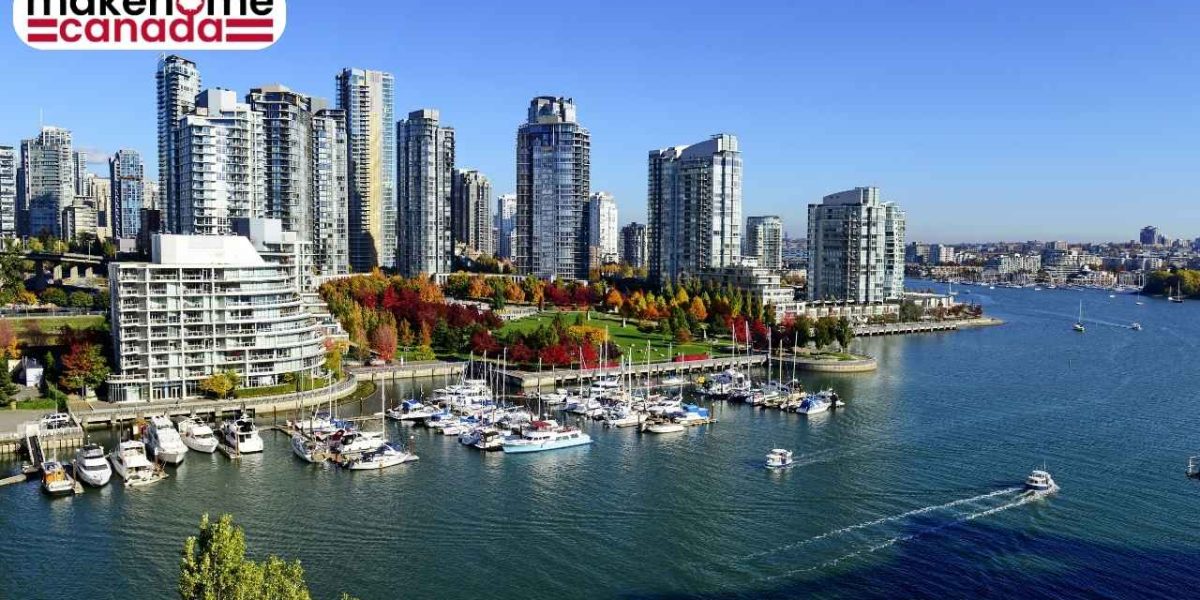Moose Jaw launches a rural PR pathway under the RCIP, i.e., the city of Moose Jaw, Saskatchewan, has officially announced its list of priority sectors and occupations for the Rural Community Immigration Pilot (RCIP).
With this launch, Moose Jaw becomes the final community among 14 across Canada to roll out its participation in the program.
The RCIP is an employer-focused pathway to permanent residence (PR). To be considered, a foreign national must:
- Secure a job offer from a designated employer
- Be employed in a qualifying occupation
- Live and work in a participating region
- Be recommended by the local economic development organization
In addition, candidates must also meet the general eligibility requirements of the pilot.
The RCIP was created earlier this year to support rural communities in addressing persistent labour shortages and helping local employers fill essential roles.
Priority Sectors For Moose Jaw’s RCIP
The Moose Jaw & District Chamber of Commerce has outlined several priority sectors that will shape the local implementation of the RCIP:
- Business, finance, and administration
- Sales and service
- Trades and transport
- Manufacturing and utilities
- Education, law, social, community, and government services
Only companies operating within these sectors can be designated employers under Moose Jaw’s RCIP.
However, the community has also set clear restrictions on which businesses can participate:
- Gas stations (excluding truck stops) are not eligible
- Convenience stores are excluded
- IT/Web development companies cannot participate
- Food service establishments with fewer than 10 full-time employees are limited to one recommendation per year, across all NOC codes
- Financial institutions with fewer than 10 full-time staff are also limited to one recommendation per year
- Transport companies with fewer than 10 full-time staff face the same restriction
- TEER 5 occupations are capped at 25% of total applications per year across all employers
- Each employer can submit a maximum of three TEER 5 applications per intake period
These restrictions aim to ensure that RCIP nominations go to sustainable employers and that the program remains focused on addressing genuine labour shortages.
Priority Occupations For Moose Jaw’s RCIP
As Moose Jaw launches a rural PR pathway under the RCIP, let us look at the priority occupations for the same.
The city has also released its priority occupations list, detailing specific roles eligible under the pilot.
| Occupation Name | NOC Code |
| Accounting technicians and bookkeepers | 12200 |
| Administrative officers | 13100 |
| Agricultural and fish products inspectors | 22111 |
| Automotive and heavy truck and equipment parts installers and servicers | 74203 |
| Automotive Service Technicians, Mechanical Repairers | 72410 |
| Banking, insurance, and other financial clerks | 14201 |
| Carpenters | 72310 |
| Construction trades helpers and labourers | 75110 |
| Cooks | 63200 |
| Early childhood educators and assistants | 42202 |
| Estheticians, electrologists and related occupations | 63211 |
| Food counter attendants, kitchen helpers and related support occupations | 65201 |
| Food service supervisors | 62020 |
| General building maintenance workers and building superintendents | 73201 |
| Heavy-duty equipment mechanics | 72401 |
| Home support workers, caregivers and related occupations | 44101 |
| Hotel front desk clerks | 64314 |
| Janitors, caretakers, and heavy duty cleaners | 65312 |
| Light duty cleaners | 65310 |
| Material handlers | 75101 |
| Nurse aides, orderlies and patient service associates | 33102 |
| Retail salespersons and visual merchandisers | 64100 |
| Social and community service workers | 42201 |
| Supervisors, food and beverage processing | 92012 |
| Welders and related machine operators | 72106 |
At the time of writing, Moose Jaw has not yet publicly shared its list of designated employers.
Why Do Priority Sectors And Occupations Matter?
Under the RCIP, only candidates working in both a priority sector and a listed occupation are eligible for community recommendations.
For example, someone working in a priority occupation (like a carpenter) but employed by a company outside the approved sectors would not qualify for endorsement.
Employers must also be officially designated by the Moose Jaw economic development office to participate.
This two-layer filter ensures that endorsements go to both eligible candidates and credible employers.
Additional Eligibility Requirements For RCIP Candidates
Along with a valid job offer, applicants must meet several other requirements, including:
- Work Experience: At least one year (1,560 hours) of relevant experience in the past three years, OR graduation from a recognized post-secondary institution in the community
- Language Proficiency: Meet minimum English or French requirements (CLB 4–6, depending on the NOC code), backed by valid test results from the past two years
- Education: Hold a Canadian secondary school diploma, post-secondary credential, or an equivalent foreign qualification
- Proof Of Funds: Demonstrate sufficient settlement funds to support themselves and accompanying family members
During intake periods, employers submit candidate recommendations to the community. Local authorities then verify that the job offer and candidate meet the pilot’s requirements.
The Pathway To Permanent Residence
Once a foreign national receives a community recommendation, they can apply for permanent residence through the federal government under the RCIP.
In addition, eligible candidates may also obtain a work permit to begin employment while their PR application is processed.
This allows both the employer and the candidate to benefit immediately: employers fill labour gaps, and candidates gain Canadian work experience as they await their PR status.
MakeHomeCanada, a Canadian immigration leader, promises excellence and tailored pathways for your Canadian journey. Get in touch with us at [email protected].




